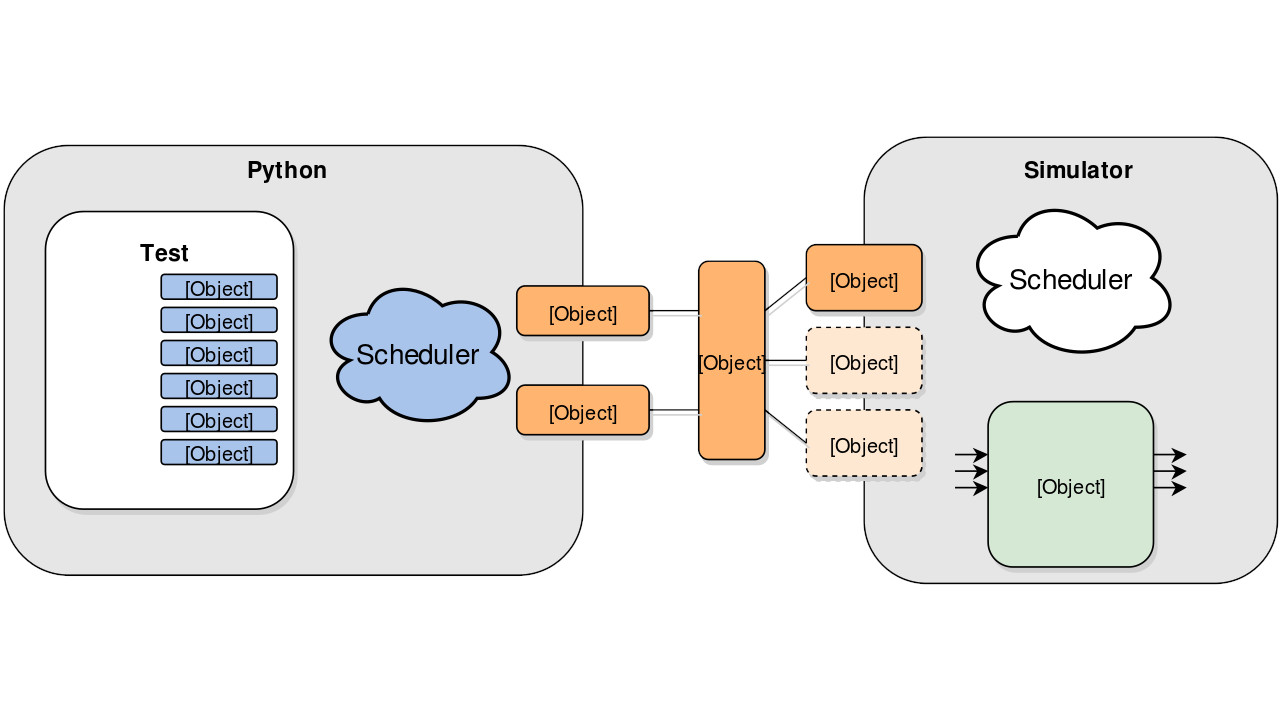Cocotb, the Coroutine-based Cosimulation TestBench for verifying Verilog or VHDL register-transfer level (RTL) designs using Python, has reached its version 1.1 release – and brings with it the promise of a more rapid and streamlined release schedule for the future.
“This release is the culmination of work done by 50 contributors over a little less than four years,” explains Philipp Wagner of the release. “During that time we merged 242 pull requests, resulting in 257 files changed, with 25,426 insertions and 6,289 deletions recorded by git – growing the codebase by 19,137 lines! So what’s behind all these numbers? A lot of refactorings, bug fixes, and new features!
“You might ask: why did it take so long to get this release out? Cocotb has been maintained by Stu [Hodgson] and Chris [Higgs] since the beginning of (cocotb) time. Cocotb as we know it today exists because of their vision of how to produce a great hardware testing framework. They put a lot of time into developing high-quality code and maintaining cocotb – the popularity of cocotb today is the best indicator of how well that worked out. But as the popularity of cocotb grew, so did the maintenance effort.
“In order to be able to grow further, a team of dedicated volunteers agreed to share the maintainership role with Stu and Chris,” Philipp explains. “Based on a well-documented contribution process we were able to pick up speed again, merging a large number pull requests and giving feedback on many open issues. Today, cocotb development is flourishing with many hard issues being tackled, with documentation being improved, and new features being added. One of the issues being worked on is also a more streamlined release process, making it possible to release more frequently.”
A list of the changes is available in the shortlog, while the release itself can be found on the project GitHub repository.
